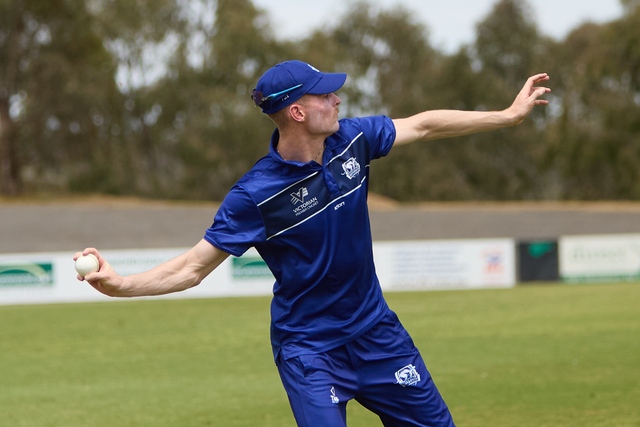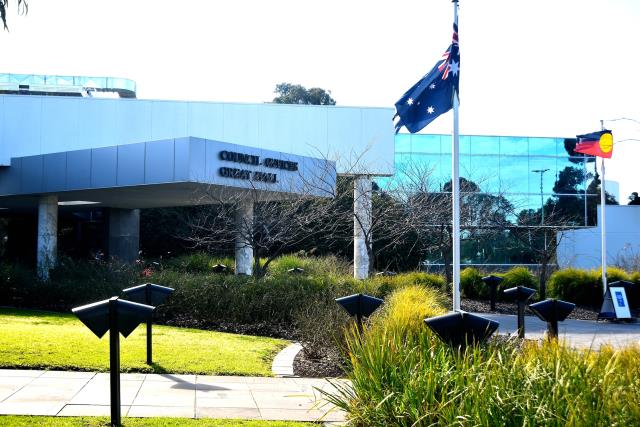GWENDA Walton faces a tough decision – to keep struggling to care for her disabled foster daughter or lose her to strangers.
Mrs Walton fought hard for respite care facilities in the City of Whittlesea. She won after a decade, only to find her foster daughter Tamara is now too old for the centre.
The Epping centre, due for completion later this year, is the first in the municipality to offer overnight, extended and emergency accommodation for the profoundly disabled.
However, it is only for 12 to 25-year-olds and Mrs Walton and her husband Laurie, both in their 60s, might be forced to hand Tamara over to authorities.
Their dilemma is highlighted in a damning report by the Victorian Equal Opportunity and Human Rights Commission which found 50 families a year surrendered disabled children into state care.
The report found 94 per cent of the families surveyed reported difficulty getting support.
“We’re tired, totally exhausted. Tamara has cerebral palsy and is totally dependent, like a baby, only bigger,” Mrs Walton said.
“We have to do everything for her; feed her, dress her, wash her and lift her and she’s a dead weight of 46 kilograms who cannot even stand,” Mrs Walton said.
“If anything happens to either of us there will be only one left to care for her and that will be harder; it is already hard.
“We will probably have to think about a [permanent state] accommodation facility for Tamara, although it makes more economic sense to keep her at home and support us with local respite care.”
Mrs Walton said respite care for adult disabled people was only available in other municipalities.
The Waltons became Tamara’s permanent carers 15 years ago and say they have been rewarded with her smile.
Trevor Carroll of Respite Alliance Whittlesea said in 2010 five local families relinquished their disabled children into state care.
The cost of providing parents with two respite days per month over a year was less than $7000, compared to more than $80,000 a year for state care, he said.







